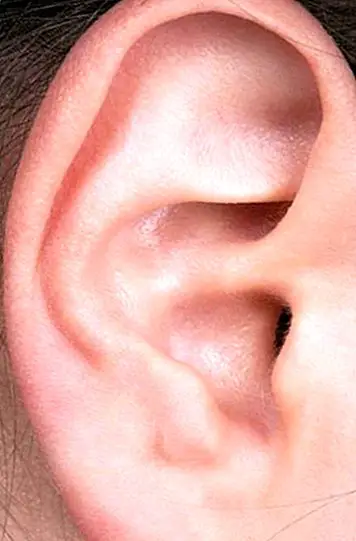Discover the benefits of music therapy
The benefits of music have been discovered since ancient times, and in ancient civilizations music has accompanied man in one way or another.
The music therapy consists of therapy aimed at improving some ailments through music, attending to physical, mental, cognitive and social needs in order to improve the health, emotional and physical well-being of the patient.

The skills that are worked with music therapy are the following: sensory, cognitive, motor, social and emotional skills.
Listening to music brings us many benefits, and through it we can even calm down some physical pain that is affecting us.
Relieving the pain with this therapy will also help us to reduce the intake of so many analgesics, anti-inflammatories or other painkillers.
The music, according to some of the definitions of the Royal Academy of the Spanish Language, is a succession of modulated sounds to recreate the ear, it is melody, rhythm, and harmony combined, also all sound pleasing to the ear.
Music has the power to move people emotionally, it gives us joy, it relaxes us, it makes us feel good, we can also feel sadness depending on the type of music.
Music therapy is not just listening to music, this therapy uses all the elements that compose it, lyrics, melody, rhythm, harmony, silence, body, and besides listening to it, you have to enjoy it.

Music therapists adapt the therapy to the specific needs of each person and can be received individually or in groups.
What are the benefits of music therapy and when does it apply?
Music benefits everyone in general and in some cases in particular the therapy received through music contributes to improve the physical, psychological, intellectual and social functioning of people who are in various situations such as:
- Music therapy with children is used to help them express feelings, thoughts, help them develop communication and language, develop their self-esteem, improve attention, concentration, coordination and rhythm. helping them also to encourage creativity.
- People with neurodiscapity.
- Autism.
- People with senile dementia
- Alzheimer's
- Parkinson.
- People with acute or chronic pain.
- Brain damage as a result of illness or injury.
- People with anxiety and depression.

The main tool of this therapy as we have been seeing as we have been developing this post is music.
In addition to music, this therapy also relies on the realization of different techniques and other resources for its development that can be instruments or other elements that are needed.
Here are some techniques used in music therapy:
- To sing.
- Activities to develop the rhythm.
- Improvisation activities:
- To write songs.
- Songwriting.
- Listen to music.
- Play instruments.
There is no doubt that listening to music has a positive influence on our mood, it also provides relaxing, soothing properties and helps us improve our personal well-being, improve interpersonal relationships, and keep stress at bay.


